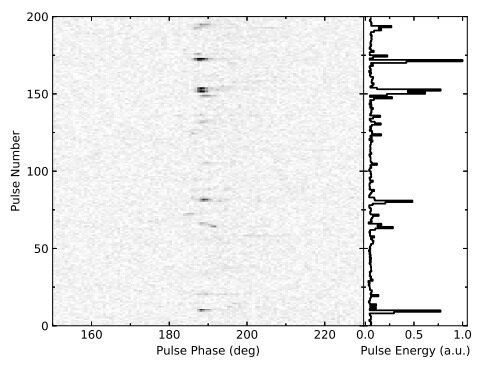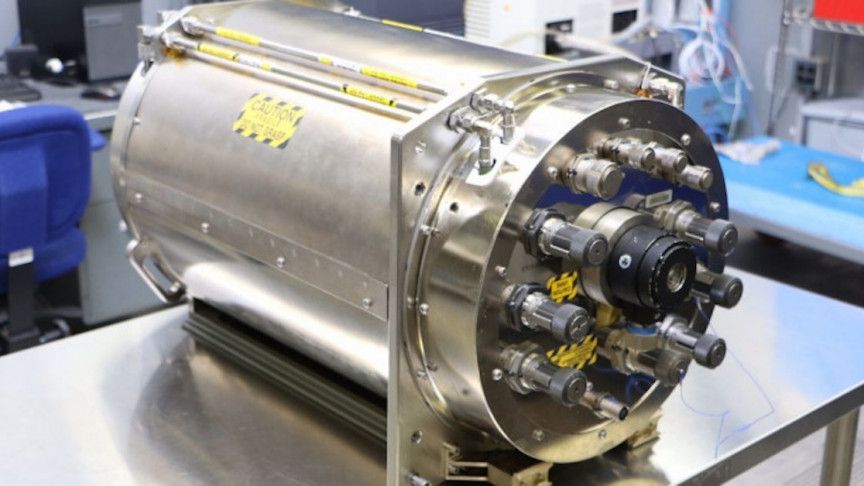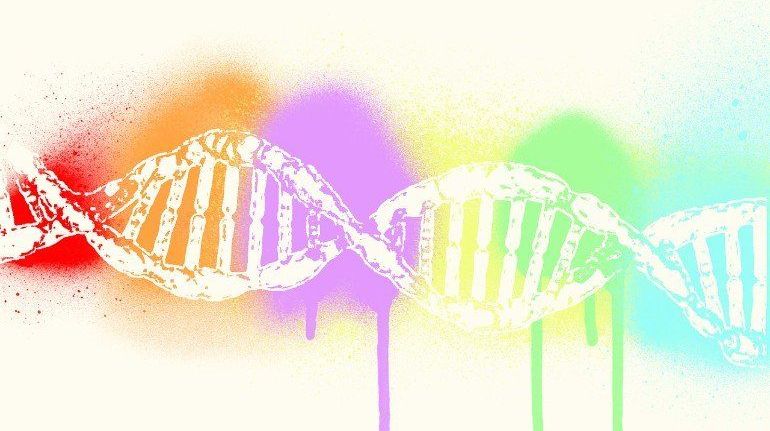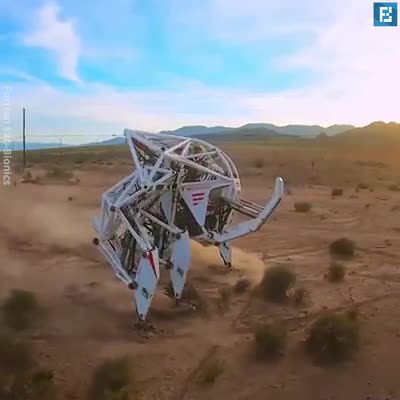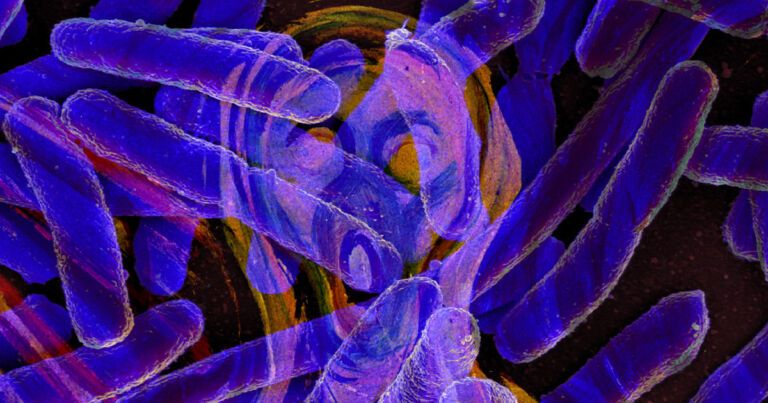Connecticut-based company LiquidPiston is developing a portable generator for the US Army that uses its X-Engine, a fresh and extremely powerful take on the rotary engine that’ll deliver as much power as the Army’s current-gen-set at one-fifth the size.
We’ve written a few times before about the fascinating LiquidPiston rotary engine. It’s not a Wankel – indeed, it’s closer to an inside-out Wankel – and with only two moving parts, it’s able to deliver extraordinary power density at up to 1.5 horsepower per pound (0.45 kg).
According to co-founder and CEO Alec Schkolnik, the X Engine design combines the high compression ratio and direct injection of a diesel engine with the constant volume combustion process of an Otto cycle engine and the over-expansion abilities of an Atkinson cycle engine, while solving the lubrication and sealing issues of the Wankel rotary engine and delivering huge power and efficiency. Check out the design being used in a go-kart and an unmanned aircraft in the video below.

